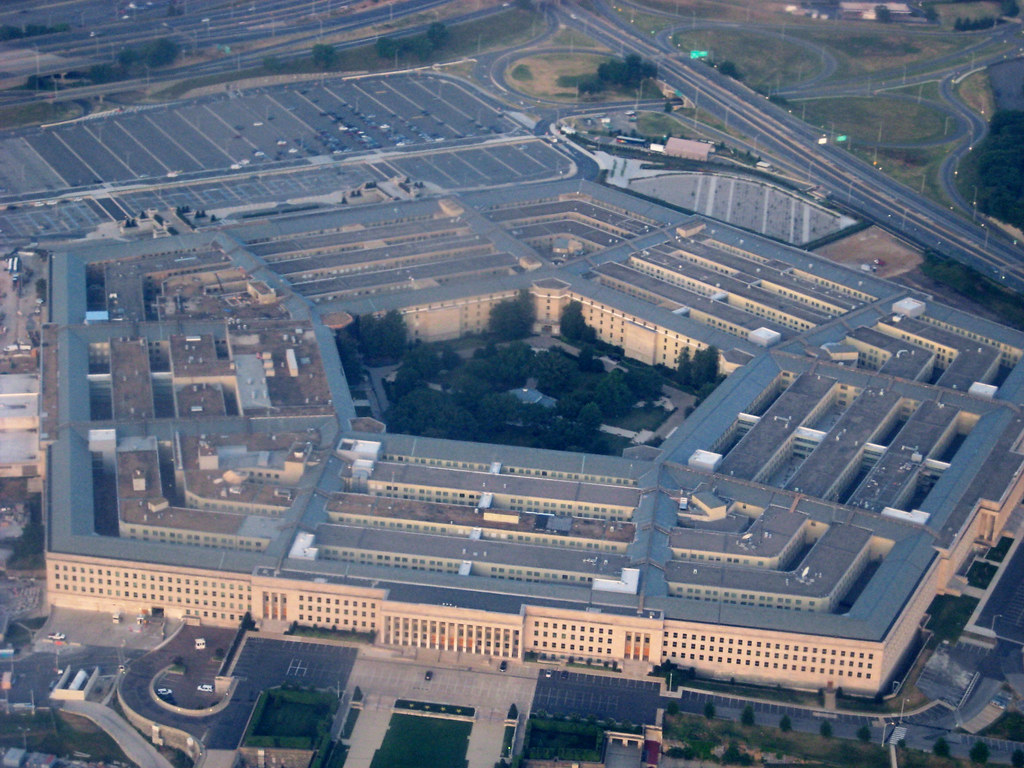Key Takeaways:
- Dozens of reporters handed back their access badges at the Pentagon.
- Defense leaders set new rules they say improve security.
- Reporters say the changes limit free and fair news coverage.
- Experts warn that fewer journalists could hurt public understanding.
- Journalists explore other ways to cover defense stories.
Why Pentagon Access Badges Plan Sparked a Mass Exit
A new rule on Pentagon access badges led reporters to protest. In fact, dozens of journalists returned their badges and left the building. They refused to follow restrictions they saw as overbearing. Moreover, they worry the limits will stop them from doing their jobs well. As a result, the news community faces a sudden gap in coverage of critical defense issues.
First, officials said they would review all interviews before they happen. Then, they demanded more background checks and tighter security checks. Consequently, reporters argued these steps would slow down their work. They pointed out that timely news can save lives in crises. Therefore, they decided to walk away rather than agree to any delay.
How Pentagon Access Badges Changes Affected Reporters
The Pentagon says it must protect classified information. However, reporters explain that the new terms overstep. For example, journalists must now submit questions days before an interview. They also need written approval before speaking with some officers. Frankly, reporters feel this turns interviews into scripted events.
Moreover, the checks will extend how long it takes to file a report. Instead of instant updates, readers might wait hours or days for news. In turn, the public will lose access to fresh and accurate details. Furthermore, these rules could discourage new reporters from specializing in defense news. After all, who wants to battle extra paperwork every day?
Reporters in the press room sensed a quick shift in tone. Although the Pentagon calls it a simple process, journalists saw it as a barrier. They claim that press freedom is at risk when officials filter facts. Consequently, the core of their job—to ask tough questions—may vanish.
What Reporters Do Now
With their Pentagon access badges returned, reporters seek alternatives. Many plan to follow defense stories from outside the building. For instance, they will attend briefings held online. Others will rely on public statements or open-source news to fill gaps. Meanwhile, some will ask military spokespeople for interviews offsite.
In addition, some news outlets now focus on independent military analysts. They hope these experts can offer insights without strict clearance. Indeed, analysts often explain complex issues in simple terms. This approach keeps readers informed even if direct access ends.
Nevertheless, covering breaking news about the Pentagon will get harder. Reporters must rebuild their sources from scratch. They might meet retired officials or foreign defense experts for background. However, they acknowledge that these sources may not match the credibility of on-base information.
Why Free Reporting Matters
Free reporting serves as a check on power. When reporters ask unfiltered questions, they hold leaders accountable. Otherwise, decisions made behind closed doors stay hidden. As a result, the public cannot fully grasp why leaders act in certain ways.
Moreover, timely reporting saves lives. In conflicts or natural disasters, fast news can send rescue teams where they are most needed. Thus, any block on prompt reporting could delay aid and cost lives.
Furthermore, transparent news builds trust between citizens and government. When people see open dialogue, they believe in the system. Conversely, heavy restrictions create doubt and feed rumors. Therefore, experts warn that these changes may harm national unity.
In fact, the Pentagon once led the way in media relations. It offered live video feeds and interactive Q&A sessions. Now, critics see the new policy as a step back from that transparency. Instead of open doors, they see closed rooms and long waits for answers.
Next Steps for Defense and Press
Both sides now face important choices. The Pentagon can rethink the policy and involve reporters in its design. For example, defense officials might speed up clearance or limit pre-screening to sensitive topics. In turn, journalists could agree to some checks in emergency zones only.
Meanwhile, news outlets can form a united front. By combining resources, they could fund freelance reporters inside the Pentagon. They might also share early drafts to catch errors or biases quickly. Additionally, they can launch public campaigns explaining why access matters.
On top of that, lawmakers could step in to protect press rights. They may hold hearings on the impact of the new rules. In fact, some congressional members have already raised concerns. They argue that press freedom fits under the First Amendment, even on military grounds.
Ultimately, both sides need to talk and build trust. Reporters must show they respect security needs. At the same time, defense leaders should prove they do not fear tough questions. Only then can the vital flow of information resume in full.
Frequently Asked Questions
Why did reporters return their badges?
They believed new rules would slow their work and limit free reporting. They chose to protest by leaving.
What changes did the Pentagon require?
Journalists must now submit questions in advance, get written approvals, and face extra background checks.
How will news outlets cover Pentagon stories without badges?
They plan to use online briefings, independent analysts, and offsite interviews to gather information.
Can the policy still change?
Yes. The Pentagon could adjust the rules if it seeks to balance security with press freedom.
